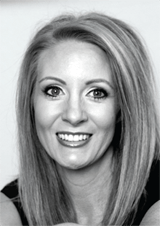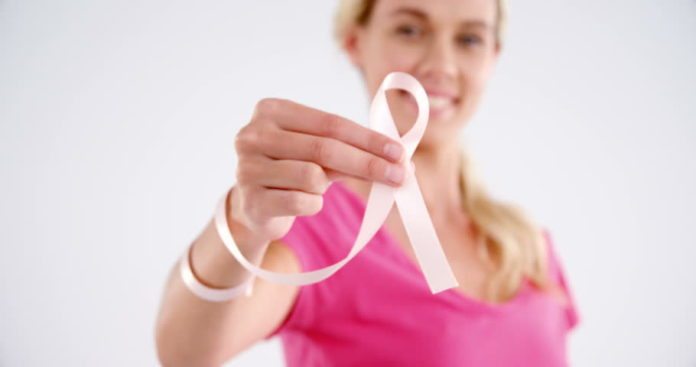“As a nonprofit, you always face the question, but what if funding doesn’t come in? What if we don’t succeed? But when I hear even one story from a woman who has been impacted by us, I know it’s worth it.”
– Lynae Dodson, Executive Director, I’m Taking Charge
Cancer is more than just a fatal disease. While we always hear success stories of remission and healthier lifestyles, the conversation rarely adequately address the many post breast cancer options available to women. Lynae Dodson realized this while working as a marketer for a medical device company. Her job involved better understanding how patients received information about breast reconstruction. She realized women knew little about their options in the entire process involving doctors, treatments, specialists, and medications.
The Origins of I’m Taking Charge
“I started interviewing women to know where they were getting their breast reconstruction information from,” Lynae shares. She interviewed nearly 150 patients, but there were no concrete answers. Frustrated, she stopped the interview process. However, through these conversations, she discovered that although women were educated about their prevention and treatment options, they knew nothing about recovering their body after a mastectomy. “You must consider the fact that these women are losing a body part. The technology exists to help these women recover a semblance of that body part does exist,” she stresses. “A woman’s insurance covers her mastectomy, it legally must cover her reconstruction. But this knowledge was not getting out there.”
Broadening a Breast Cancer Survivor’s Education
Lynae decided to take this issue proactively. “I made it my mission to provide the information to women who need it. I started an educational blog named I’m Taking Charge. Our goal was to provide relevant, easy-to-digest information that helps women take advantage of their legal rights,” she elaborates. The site became a resource for breast cancer survivors considering breast reconstruction (or even going flat) as an option. Losing one’s breasts is psychologically and emotionally jarring. Survivors want to feel like a woman again.
“We do want every woman to know that after losing this body part, she has the right to reimagine for herself what her body will look like, going forward,” Lynae says. The site has since evolved into a platform that helps women directly deal with the changes women undergo after treatment. The site covers updated information on breast cancer laws and research and related resources.
The blog now employs a team of women and experts that address and shed light on these issues through survivor interviews, articles, videos, and podcasts. The site has evolved from being a breast cancer site to being one of the most searched sites on breast reconstruction and survivorship issues. Lynae and her team have won five awards, which includes the 2017 Top Digital Health Award.
Lynae’s unstinting, tireless striving in creating widespread awareness about a serious health issue for women is a true inspiration.



















